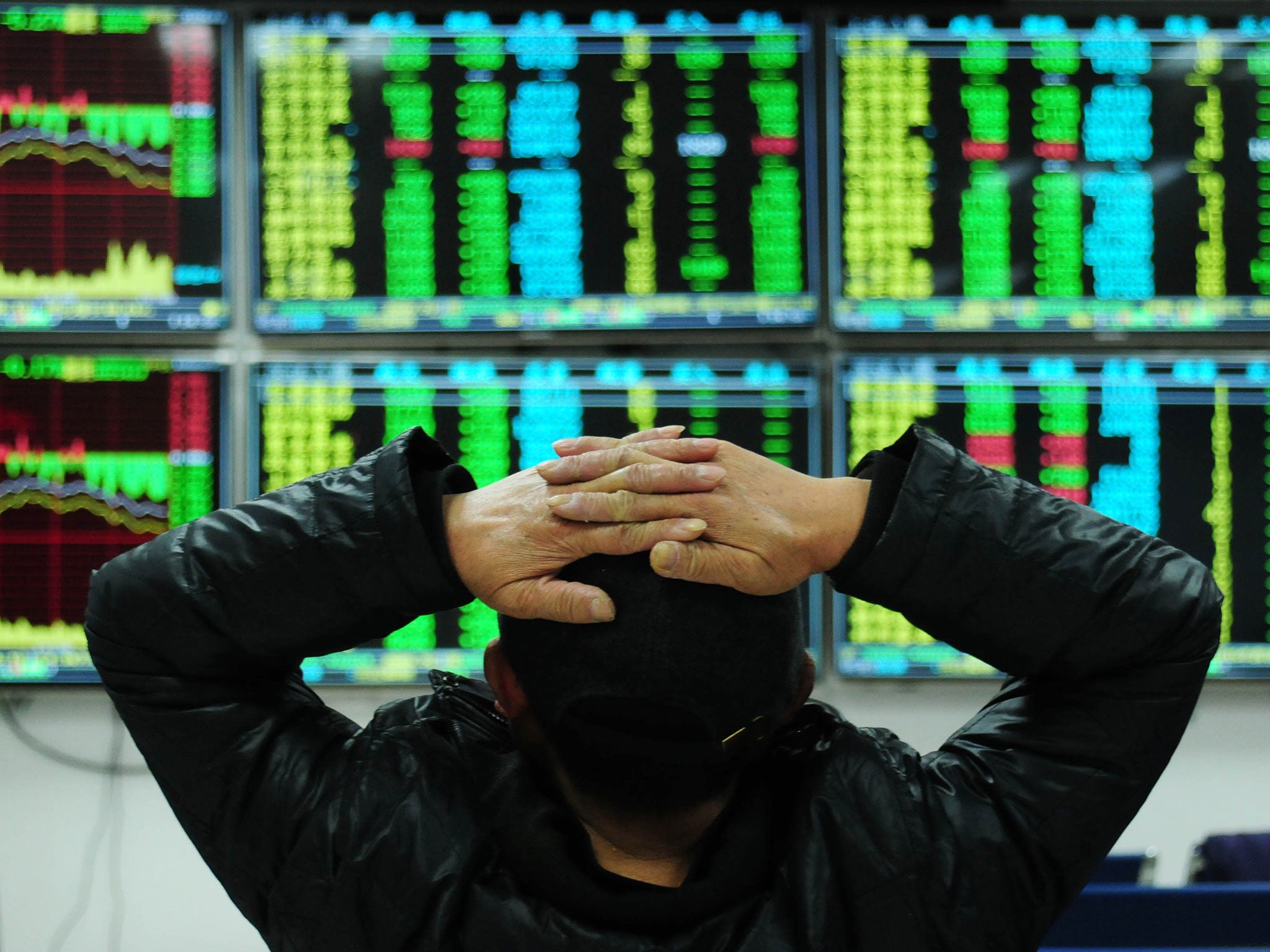Economically, we're better off inside the European Union
Project Fear's warnings about Brexit have been under-cooked. The financial markets are signalling a fall-off in investment in the UK and in British companies, if we leave the EU. This would feed into every crevice of the economy

Better off in or out? There are obvious, though usually overstated, arguments in both directions and the spurious precision deployed by both sides have rightly made voters even more suspicious about what they are being told. The idea that the UK Treasury is able to predict the annual impact on households in the year 2030 of a Brexit – apparently £4,300 per annum – was self-parody. It has not been repeated.
There have been many other canards. Take the so-called “EU levy”, the £350m per week figure plastered around by the Brexiteers, though less often now than at the start of the referendum campaign. What is agreed is that this is what we pay every week to the European Union for various agricultural and industrial policies. It is, as has been well established, a gross figure, reduced by the special UK rebate and the funding EU agencies provide to European sponsored projects in Britain.
On the one hand, as the Leave campaigners say, those figures could easily change under sufficient pressure from our European partners, as they have in the past, so it is all contingent. On the other, there is no necessary reason to suppose that will happen; and besides, the reduction in trade, investment and the size of the economy far outweigh even that full £350m-a-week figure.
So what would the consequences of leaving or staying in be on the wider economy? Here the debate ended in the boggy marshes of the hypothetical.
An unreformed EU will continue to be plagued by all the ills that have dogged it for many years now. Where once, in the 1950s and 1960s, it was the fastest growing economic grouping in the world after Japan, it is now a byword for anti-competitive restrictive practices and rigid labour, product and capital markets. That “eurosclerosis” had set in before the single currency euro project really got underway; when it did, the inefficiencies in certain sectors and nations were the underlying reason why the euro crisis was as painful and protracted as it was.
For all the overblown talk about a "super state", the eurozone's fundamental problem is that its monetary union is not supported by a fiscal union and a political union – there is no "euro-Treasury" to manage it.
Britain is linked to this messy organisation and subject to rules that drive up business costs. In due course the UK might again be required to join the euro – unlikely as it seems now. That would subject Britain to substantial financial risk, but, in the range of hypothetical, it is one of the less probable.
Yet the EU remains the largest single market in the world, and a pool of great prosperity. Outside the EU we cannot, by definition, have easier access to it.
We might be disadvantaged by tariff or other barriers to trade if we tried to compete on price. Our European neighbours will refuse to buy fom Britain without some rebalancing of the equation, and we would always have to abide by EU regulations when we export. Our managers and workers would not be able to so easily transfer to jobs elsewhere in Europe; not would a German manager or a Slovakian labourer find it so easy to come here to work.
Of course, Britain is not part of the eurozone, though it is affected by it, and still would be even if we left the EU.
The most powerful reason for staying is that – on trade, liberalisation and even the single currency – we will necessarily have more influence inside rather than out. With Britain seeking to move the debate on, there is at least a chance that Europe will find a way to rebuild its competitiveness, create more jobs for its young unemployed and preserve its living standards.
With Britain out, however, the Germans, Nordics, the Dutch, some of the east Europeans and other sympathetic powers will find it much more difficult to make Europe anew. As our largest trading partner, that will hurt us too. Some chance of a better Europe is better than no chance.
What about a recession? If anything, the "Project Fear" warnings may have been undercooked; the financial markets are already strongly signalling a fall-off in investment in the UK and in British companies.
This would feed into every crevice of the economy, with lower wages, fewer jobs and lower living standards. Anticipating this is the major reason why sterling has been marked down on the markets when exit looked likely, and bought back again as opinion has shifted back towards Remain. It is more than an omen of what would actually transpire.
On the whole, and even in its present unsatisfactory state, there is little the EU does that actually impedes Britain buying from Australia, investing in China or exporting to India. Britain always has been a great trading nation and an economy open to the world. We would be best off by continuing to exploit the opportunities the EU offers, including the faster-goring Eastern European economies, and working to reform it – while pushing into the faster-growing emerging economies to the east.
We should not blame the EU for any failure on Britain's part to be more successfully economically. The chances are, then, that we are better off in.

.jpg?quality=75&width=230&auto=webp)
Join our commenting forum
Join thought-provoking conversations, follow other Independent readers and see their replies